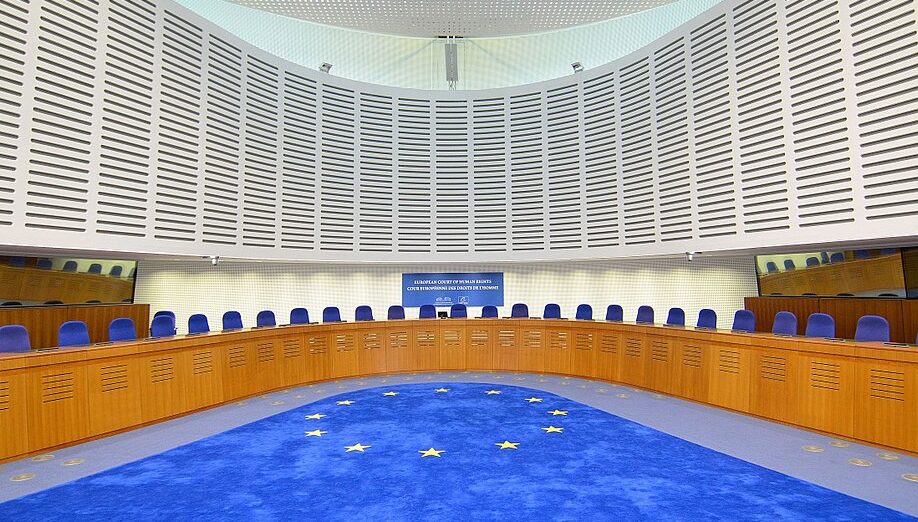Senior associate and paralegal-psychotherapist urge law firms to truly support the next generation
City law firms must radically shift their mindset or risk losing the next generation of legal talent, say senior associate Laveen Ladharam and Gen Z paralegal-psychotherapist Hannah Kosky. Together, they urge the profession to go beyond superficial perks and listen to what young lawyers actually want: meaningful work, real support, and respect.
Drawing on industry experience and insights from Kosky’s psychotherapy practice, the pair identify a growing disconnect between law firm culture and Gen Z values.
“Young lawyers want more than a pay cheque,” Ladharam says. “They want to know their work matters.”
Embed from Getty ImagesThe problem, they argue, begins with perception. Gen Z lawyers are often unfairly written off as “snowflakes”—lazy, sensitive, and obsessed with work-life balance. But recent research, including Deloitte’s 2025 survey, paints a very different picture. Far from being feeble, these junior professionals are resilient, purpose-driven, and hungry to learn. They care deeply about ethics, equity, and their impact on the world around them.
Still, many find themselves stuck in roles that offer little clarity, feedback, or recognition. Tasks are rushed, context is lacking, and long hours leave little time for reflection, let alone therapy.
Kosky notes that stereotypes feed harmful assumptions. “When we label a generation as difficult or entitled, we start filtering everything they do through that lens,” she explains. “That damages relationships, prevents trust, and can destroy morale.”
To fix this, law firms must start with better leadership. Managers should challenge their unconscious biases and be trained to mentor, not just monitor. They should give honest feedback, explain how each task contributes to a bigger goal, and celebrate small wins along the way.
Crucially, juniors must be treated as people, not just billing machines.
The authors highlight four key areas for change:
1. Scrap the Stereotypes
Managers must drop tired clichés about Gen Z and recognise their potential. These lawyers aren’t afraid of hard work—they’re just unwilling to sacrifice their mental health or values for the sake of appearances. Firms should invest in meaningful unconscious bias training to break down generational barriers and boost collaboration.
2. Give Them Meaning
Legal work can be isolating, especially at junior levels. Firms should contextualise tasks, involve juniors in case reviews, and show them how their contributions matter. “When you understand your purpose, you stay engaged,” says Kosky.
3. Build Better Mentors
Gen Z wants to learn from both peers and seniors. But they say many bosses miss the mark. Firms should encourage open-plan working, buddy systems, and leadership that sits beside juniors, not above them. “Partners should inspire, not intimidate,” Ladharam adds.
4. Real Mental Health Support
Token gestures like one-off mindfulness webinars don’t cut it. Firms must make it clear that employees can take therapy breaks or seek help, without shame or career consequences. Kosky urges firms to foster a culture where seeking support is a strength, not a liability.
The article itself is proof of concept—a millennial and a Gen Z working side-by-side to produce something greater than either could alone.
“Gen Z isn’t trying to tear down the system,” Ladharam says. “They’re asking for a better version of it.”
And if firms are willing to adapt, they’ll not only retain great lawyers but help reshape a profession fit for the future.




